- Segments
- Products and solutions
- Products and solutions
- Broadband
- Devices and accessories
- Applications
- Control Rooms
- TETRA and Tetrapol
- Customers
- Ecosystem
- How to buy
- Blog
- EN
Mobile networks and information have become increasingly important for societies and businesses. This is why today’s radio communication users are interested in the new opportunities offered by 4G/5G technologies. They want mission-critical broadband.
And they need it because everything moves faster and the issues are more complex. Emergency services and police forces face issues such as organized crime, terrorism and civil conflicts. Businesses are under enormous pressure to take leaps into digital.
Broadband is about giving public safety and critical businesses the tools to better manage difficult situations.
Communication, information, intelligence and situational awareness – these really can make a difference for critical operations.
But simply replacing professionals’ radios with smartphones would mean a drastic shift from their familiar radio system to a new broadband network – one technology being replaced by another. This approach doesn’t consider how people work.
A sudden, forced switch to a completely new technology is a risk: operations could be severely disrupted.
In other words, the technology shift has to be a seamless evolution, not a sudden switch.
There are four important trends that are changing the way professionals think about and interact with PMR services:

More and more professionals are carrying a smart device in addition to or instead of a radio. Group communications are important also for these professionals, and in addition, they can benefit from the vast new possibilities offered by LTE/4G/5G technology. At the heart of this will be effective, professional applications.
The solutions: Tactilon Agnet for effective collaboration, and certified third party apps designed for professionals.

Just as more and more professionals are smartphone users, more and more of their professional communications are based on broadband technology. When two technologies are used in parallel, many of the users are subscribers in two systems.
Without a tool for subscriber management in such a dual-technology environment, organizations would have subscribers separately provisioned into each network. There would be no link between a PMR subscriber and the equivalent entity in the broadband network.
The solution: Tactilon Management for managing subscribers in a dual-technology environment.

Providing communication services over a hybrid network calls for real-time insight. This is straightforward for a TETRA or Tetrapol network, but a hybrid network may involve one or more Mobile Network Operators (MNOs).
How will the service operator know that every MNO complies with their Service Level Agreements (SLAs)? How can the operator know that the users are getting the agreed communication service levels?
Viewcor evolution provides service quality analytics and visualizes the hybrid network's service level.
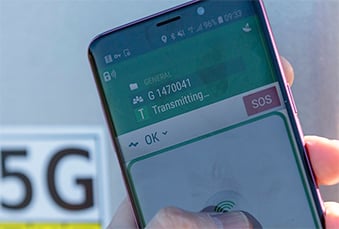
A dual-technology environment at its best is a hybrid environment where teams can communicate regardless of the type of device they carry. Interoperability between smartphone users and radio users is a key requirement.
You as the PMR operator could choose to offer broadband services to your customers by becoming a Secure Mobile Virtual Network Operator. In this role, you would continue to have ownership of the security and control of the network, subscribers and devices.
See more and download "Why Secure MVNO is your next smart step"
At the heart of public safety operations and critical business functions is the core network that provides the communications. In the hybrid world, the core includes both the traditional radio network and the 4G/5G services, working in parallel.
The PMR network operator evolving to broadband benefits from a virtualized core network based on the Taira TETRA Server. Such a hybrid core runs on standard servers and is the most modern, cost effective and flexible solution.
Virtualization is an important trend in the mainstream telecom business. In practice, the first reason to opt for these techniques is to save on operational expenditure (OPEX). Reducing the number of switching sites also saves you money on site rentals, electricity bills, and transmission fees.
The virtual TETRA in the form of Taira Virtual Core shows the road to the future by combining the latest technology with all the requested mission critical requirements for features, availability, security and control
The TB4 hybrid base station can help bridge the gap between existing narrowband networks and future broadband solutions. It supports two technologies, for example TETRA and 4G/5G. This can save you money on maintenance, power consumption and site space.
Professional apps are a great way to add value without taking any away. Users want new applications and devices to solve their daily challenges in the field. This calls for close co-operation with user organizations and a PMR operator to set the right priorities.
Several Critical App Challenges organized by Airbus have enabled PMR operators, user organizations and other stakeholders review and identify potential apps that would bring benefits to user organizations.
For an overview of current and future applications, watch this video from Astrid User Days:
Why is it important to move to well-founded hybrid solutions? Why integrate solutions?
There are some obvious answers. Evolution to hybrid is better than a migration to a new technology altogether. A PMR operator’s business reason is clear, but this is also something that user organizations benefit from, not to mention the bodies who have invested in PMR systems in the past and will need to fork out money for the introduction of new systems.
In addition, a properly thought-out environment and robust hybrid solutions are the basis for the next level of public safety, which is often described to deliver better situational awareness.
But it is more than situational awareness here and now. In the best case, the new, integrated, connected, controlled, seamless and secure solutions deliver more than just awareness. They can deliver protection and prevention. Instead of reacting to something that has already occurred, the people in charge of operations can foresee and prevent incidents, thanks to situation awareness solutions.
When several organizations need to work together during an incident, they really need a common view of the situation. They need to know how the situation is evolving and which response would be the most effective.
But how to share the common view with the right people efficiently?
This video explains how situational awareness solutions make it possible to search and identify a suspected troublemaker.
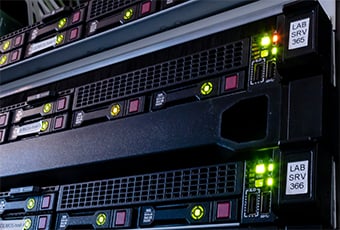
Taira TETRA Server is a key building block for evolving radio communication networks to broadband - to the future your customers can trust.
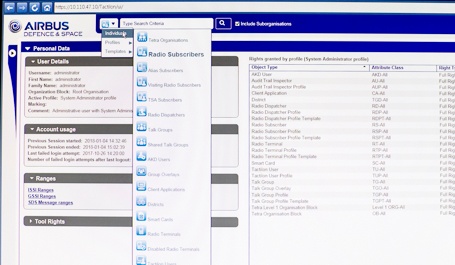
In a hybrid network, a single user may be a subscriber in two or more networks. Tactilon Management is the only suitable tool for managing people’s rights and subscriber information consistently over several networks.

Tactilon Secure MVNO lets you introduce broadband services based on commercial mobile operators’ services while remaining in control of the security of the communications and subscribers.
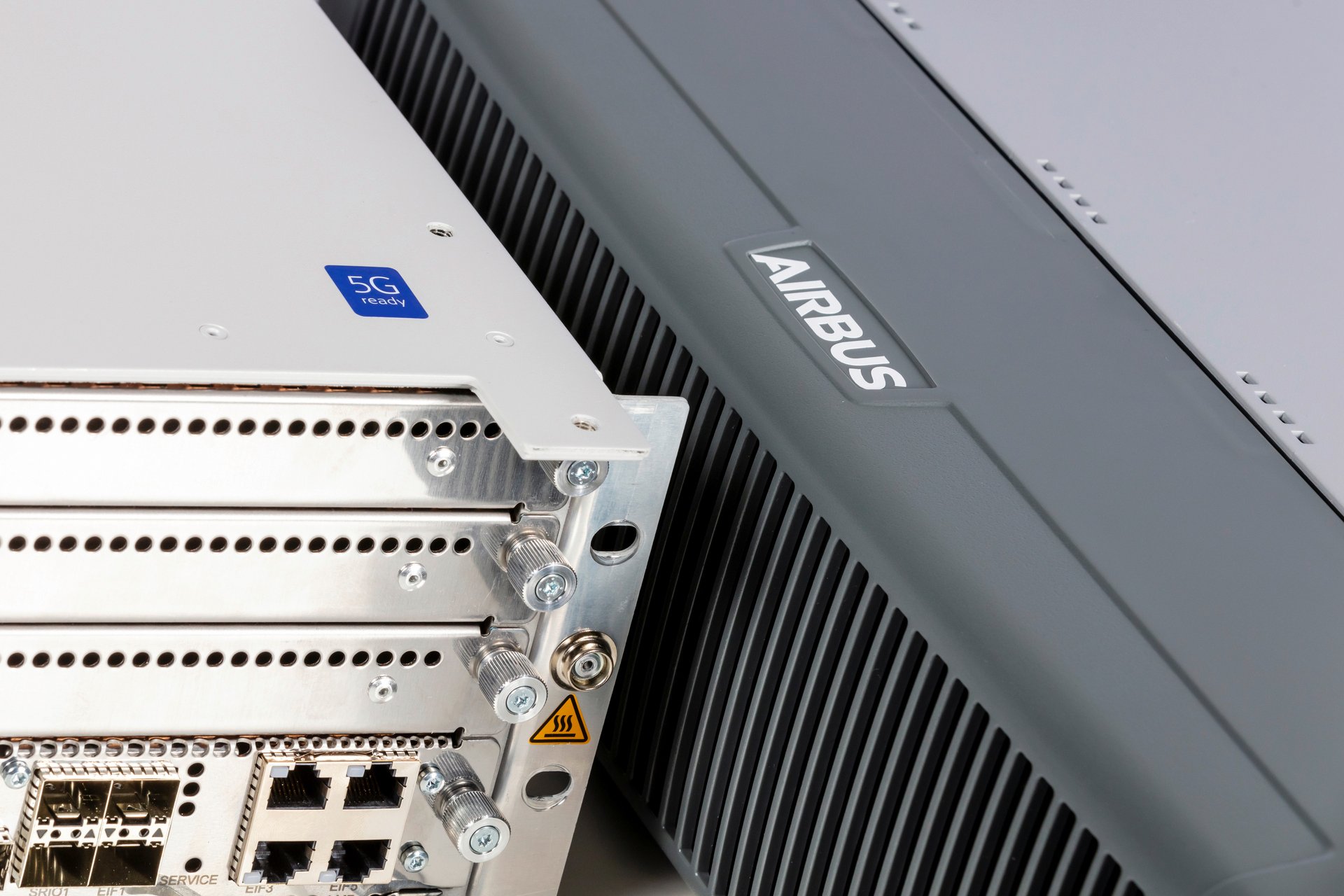
Familiar critical communications can be complemented with broadband. The TB4 hybrid base station houses twin technologies, TETRA and 4G/5G, making your hybrid set-up easy and cost-effective.
The following are just three examples of operator customers. If you want to look at all customer references, see Customer stories.
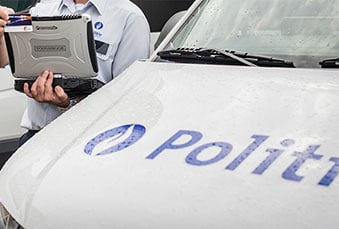
Astrid, the Belgian public safety network operator has set up a Secure MVNO solution. It employs a hybrid network model for the Blue Light Mobile service that it launched for its public safety customers in 2014.

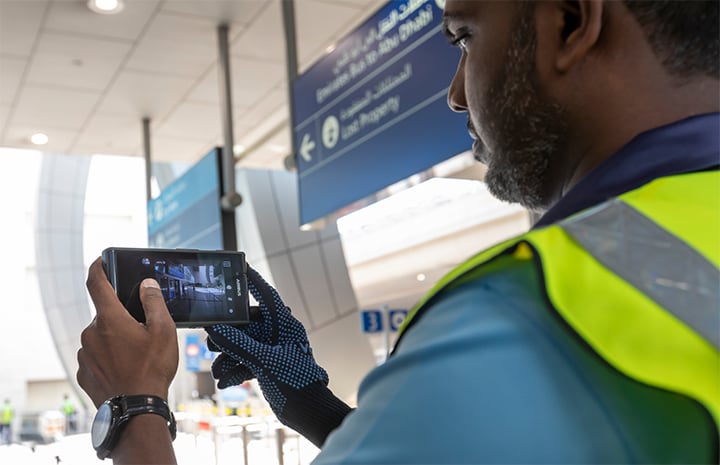
Dubai International airport (DXB) is the world's busiest airport by international passenger traffic.
Supporting fifty million passengers, 6,000 flights and a vast amount of baggage every week is a huge task for Dubai airport staff. Their use or advanced hybrid communications has brought them three important benefits.
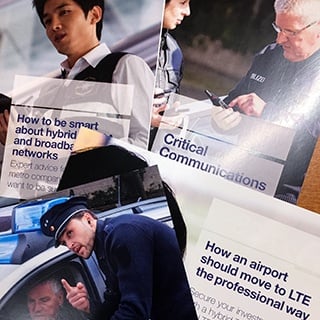
14 important documents and videos which help you map your evolution path to mission critical broadband and professional apps.
